Abdellatif Kechiche, Adele Exarchopouolos and Lea Seydoux have made a remarkable film, worthy of all the praise it has received, including the Palme d’or at Cannes. Blue is romantic and real, pulsing with uncomfortable sincerity. Surely you’ve heard about its prominent lesbian sexuality, which is not gratuitous or irresponsible. As some of my fellow students pointed out, the film’s central relationship is primarily driven by sexuality, and thus, extended sex scenes are a necessity.
Kechiche is by no means trying to exploit these two girls. It’s not a coincidence that we see Adele eating spaghetti casually like when no one is watching. The film doesn’t just focus on Adele in the bedroom, but rather as a lost high school student discovering her identity, and not just her sexual identity.
This is the kind of film that I forget is a movie, I feel like a voyeur watching someone’s real life. I’m still somewhat shocked at the idea that Adele and Lea aren’t actually just playing themselves, it’s that convincing. I wish I had more to say, but this is another case of when I was beaten down by the wear of the festival (altitude sickness, lack of sleep, 3-hour movie that ran until 1am).
Grade: A
Sorry world, I didn’t love 12 Years a Slave. I’ve always had a removed appreciation for McQueen's films. I like them, but from a distance. This experience was no different.
I couldn’t immerse myself in Northup’s situation, which is really the only problem I have. Ejiofor, Nyong’o, and Fassbender are masterful in their performances. The story hits many of the important beats, with the patience and consideration they deserve. Still though, McQueen’s left me feeling detached. This problem comes from dialogue that I found too literary, many famous actors, and McQueen’s observational visuals.
This is one of those cases where I feel bad for not loving the film, because of societal pressure and perceived social importance. I look forward to trying this film again, and I certainly hope you support it, as we need more high profile movies that tackle difficult subject matter.
Grade: B+/A-
Telluride revealed two new episodes in Herzog’s (Grizzly Man, Encounters at the End of the World) death row documentary series, which examines current death row inmates. The episodes, about Blaine Milam and Robert Fratta respectively, each dive into why these white men are on death row and who they are as human beings.
Herzog opens each episode stating clearly that he’s against the death penalty. What follows are looks at humans who have committed despicable crimes. Herzog is challenging his audience and himself. These emotionally heavy stories play very well as 44 minute segments made for TV, needing no more or less time. For me, they successfully humanized the death penalty discussion, which is often abstract to me.
Grade: B+/A-
This is the kind of film that’s existence is inherently political, and thus deserves special consideration. Rasoulof and all the main participants in the film either left Iran previously, or had to leave to ensure their safety upon the initial screening of this film at Cannes. Rasoulof explores the actions of what he calls the Iranian dictatorship, through following two members of the secret police who are attacking Iranian intellectuals. Like Panahi, I find Rasoulof to be a good but underwhelming filmmaker working with important material.
Visually the film is a notch under many of the other films I’ve written about, like Ida, Blue is the Warmest Color, Labor Day, The Past, and even Nebraska. However, Rasoulof works well with actors and tells his story courageously. He successfully humanizes these otherwise despicable people, and highlights the intellectual, emotional and physical persecution of intellectuals in Iran. Watch this film for the content, but not the style. I’m personally of the mind that seeing films like this, and supporting Rasoulof, is the duty of socially conscious film viewers. See this in theaters.
Grade: B+
Ida is a film that most people won’t see, which is a damn shame. It’s a 1960s story of an orphaned girl about to take her vows in a Polish convent, finding out that she was born Jewish. Pawlikowski explores Ida contemplatively with restraint, nuance and patience. His images fascinate me, and I can’t figure out why. I absolutely need to see this film again, under different conditions (I saw 16 films in about five days, you do the math).
Sadly and embarrassingly, I don’t have much else to say about the film. My reactions are strong, but on a deeper, intuitive level that hasn’t quite risen to the surface. I’ll get back to you when I get to see the film again.
Grade: A
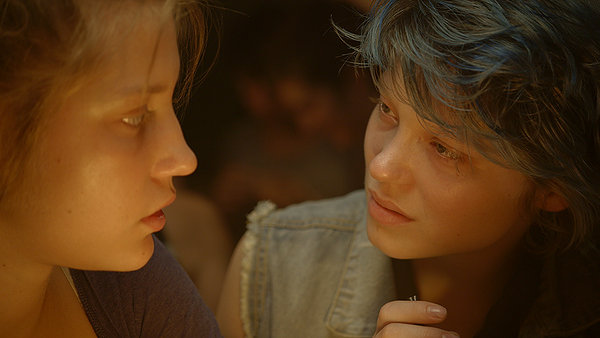
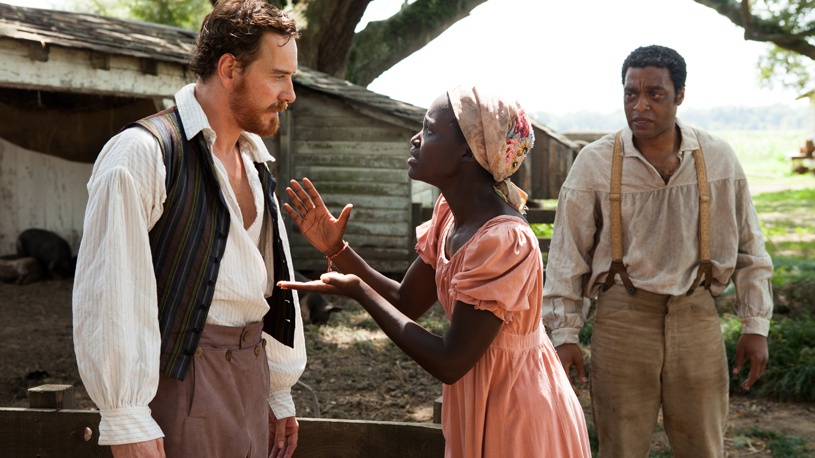
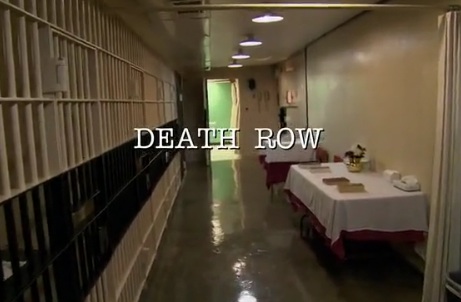
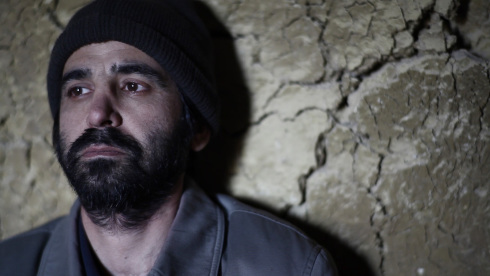
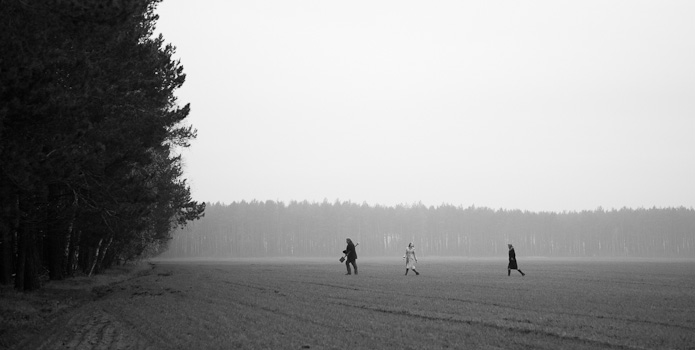
 RSS Feed
RSS Feed
